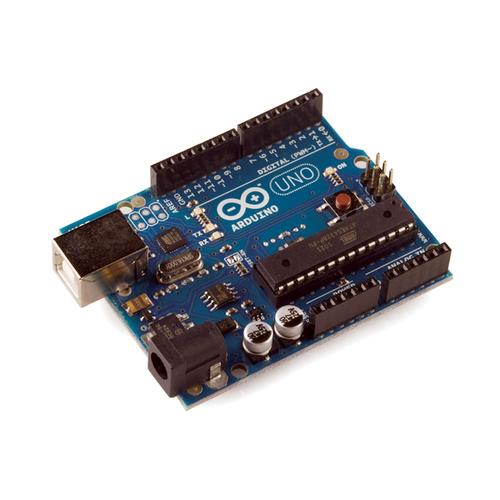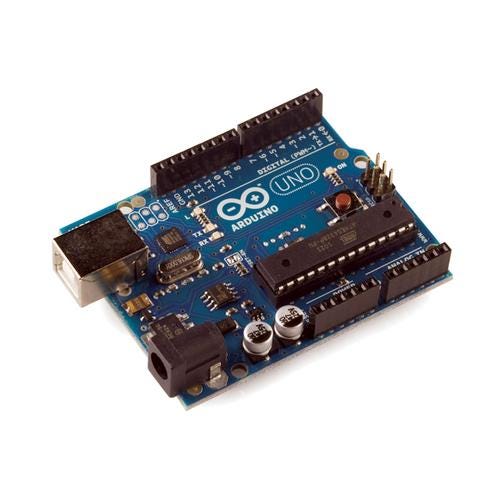Can You Test & Measure With an MCU?
September 6, 2011

Ken Callahan, a test-engineering manager with 30 years of experience, queried me for guidance about how to use microcontrollers to monitor signals from devices such as thermistors, pressure sensors, and thermocouples. He asked:
Can you suggest courses, books, or kits that would teach me about basic microcontroller applications? I've designed test tools that contained small USB data-acquisition devices that captured data, graphed the results, and let me put a CSV file into Excel. Now I would like to make 16 measurements at a test stand with a microcontroller and interface it to a PC via USB.
I sent Ken the following information:
1. Parallax has good hardware and software to get you off on a solid footing with microcontrollers (MCUs). The company's BASIC Stamp modules run programs written in PBASIC, a dialect of BASIC, which is easy to learn, and you can download the PBASIC interpreter for free. To start, I recommend the BASIC Stamp 2sx module. If you want a complete kit, look at the BASIC Stamp Discovery Kit (USB). The BASIC Stamp modules cannot store many variables in memory, but the available memory should suffice to get you started. Parallax has many excellent books about microcontrollers, signals, sensors, and other topics.
2. The Arduino Uno module provides an 8-bit Atmel MCU you program in C with a free compiler that runs on a Windows PC. The Arduino Website furnishes good information to get started as well as references for commands that control the I/O pins on an Arduino module. The Arduino family includes many add-on boards, or "shields" that expand I/O ports and add capabilities. I like the Arduino because it uses the C language, the tools are free, the Arduino.cc site has a lot of good information, and it's easy to connect to I/O pins.

3. The ARM mbed module gives you a 32-bit MCU, a step up from the Arduino Uno. The handbook on the mbed Website includes a lot of good info, but the material uses more of a "just jump in" approach to microcontrollers than that used with either the Arduino or the BASIC Stamp. I have used the mbed module and like it, but it might present a challenge for a beginner. As far as I know, no one has an mbed book out yet.
4. The Microchip Technology PICDEM Lab Development Kit lets you work with a wide range of PIC-family MCUs, but it assumes knowledge of the C language. The kit manual, which you can download, includes eight I/O experiments that use the HI-TECH C Pro integrated development environment to create code. I haven't used this kit, but it looks complete and its code seems well documented. I have used other Microchip development tools and found them easy to learn and to use.
The next column will expand on measurement capabilities, dev kits, and resources.
About the Author(s)
You May Also Like



